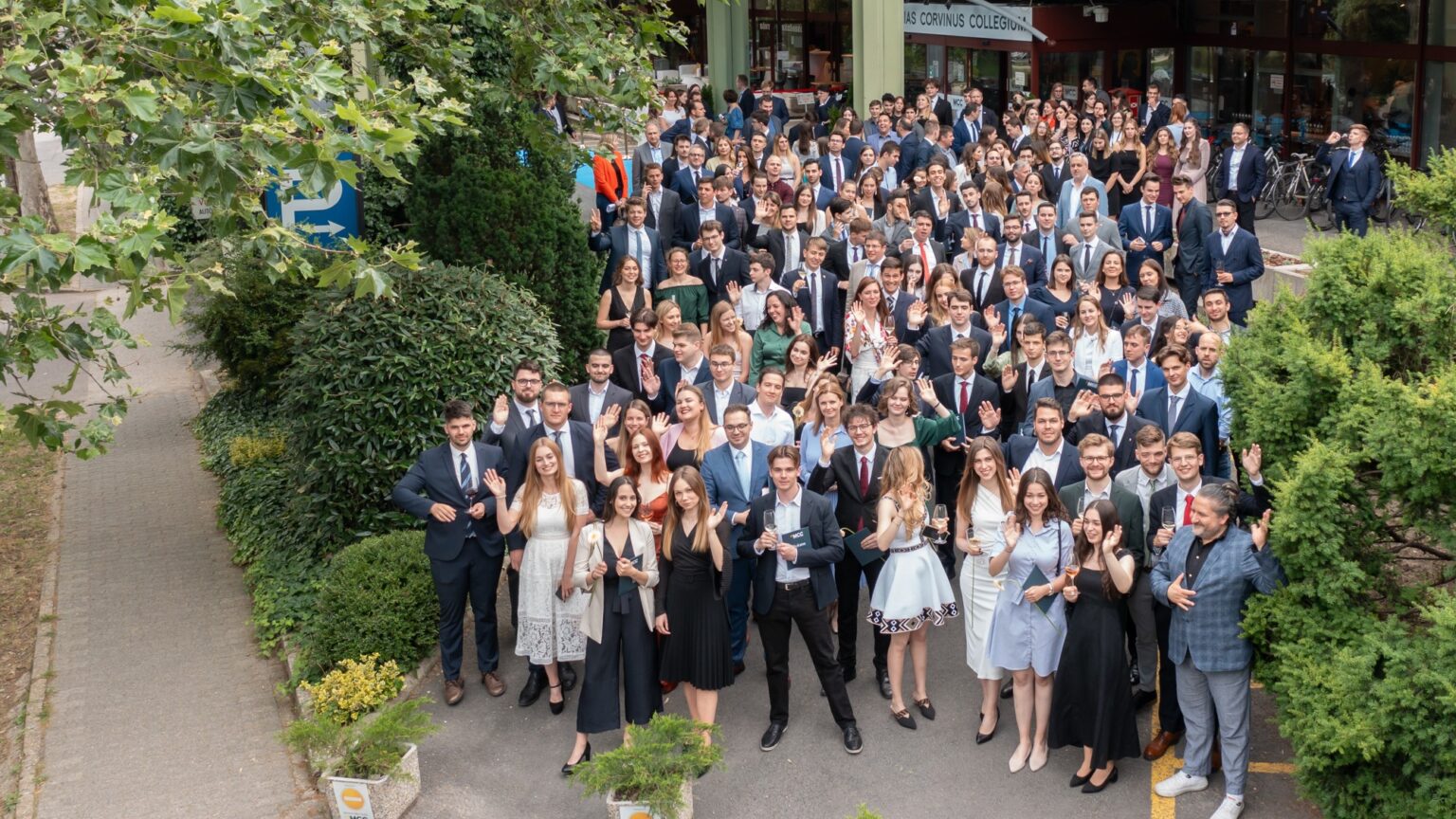
The Mathias Corvinus Collegium and the Educational Authority have honoured Hungary’s top 100 secondary schools at a grand gala event. Over 300 guests, including educators, school leaders, and students, gathered to celebrate excellence in teaching and talent development.

‘Here the problem of postmodern thinking returns. If there is no truth, since everything is relative and free (but if there is an absolute truth, Derrida calls it totalitarianism), then in the marketplace of ideas, truth—since it does not exist—cannot stand out. If there is no truth, thus no lie, and no set of values, then anything can be disseminated in the public discourse of democratic countries, because there is freedom of speech.’
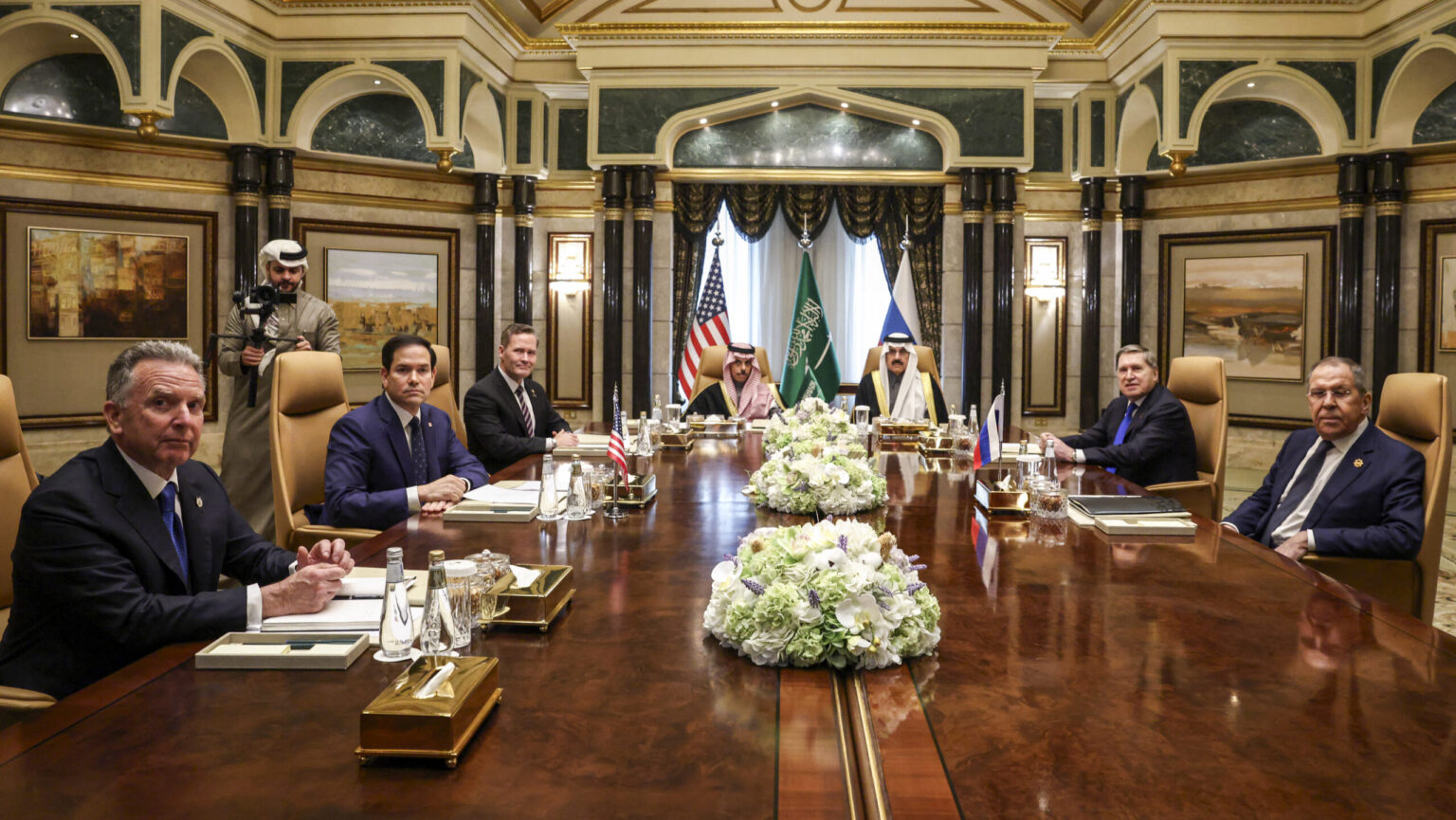
The United States and Russia held the first round of Ukraine peace talks in Saudi Arabia, after which both sides agreed to work on improving relations and advancing toward a resolution of the conflict in Ukraine. Russian Foreign Minister Sergei Lavrov praised the discussions, stating that the parties had not only listened but truly heard each other.
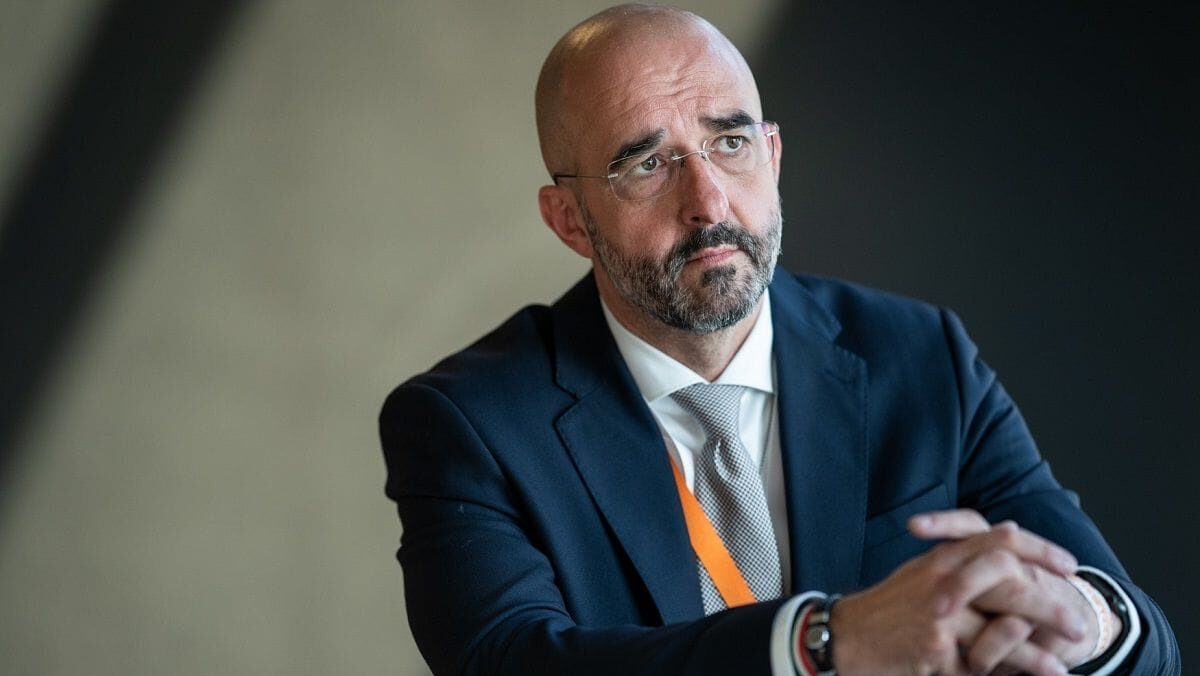
State Secretary for International Communication Zoltán Kovács of Hungary has responded to the chief advisor of city diplomacy for the Mayor of Budapest Dávid Korányi, who has claimed in an article for Time Magazine that President Trump’s freezing of USAID funding to foreign countries ‘threatens global democracy’.
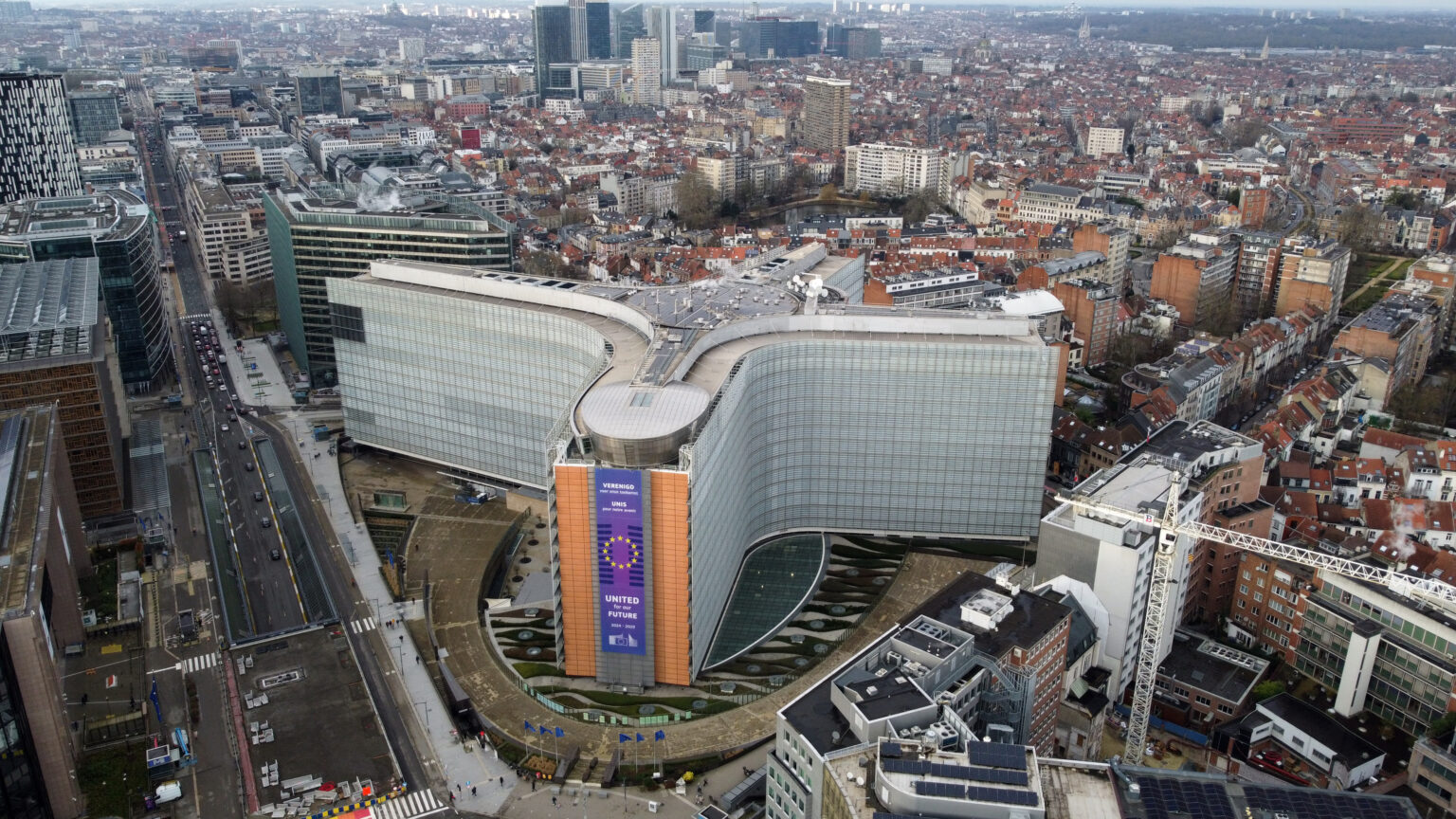
As more than 60 NGOs appeal to Brussels to step in and fill the gap left by the halted US foreign assistance following Donald Trump’s decision to shut down USAID, Hungarian Prime Minister Viktor Orbán vows that the globalist network will find no safe haven in Europe.
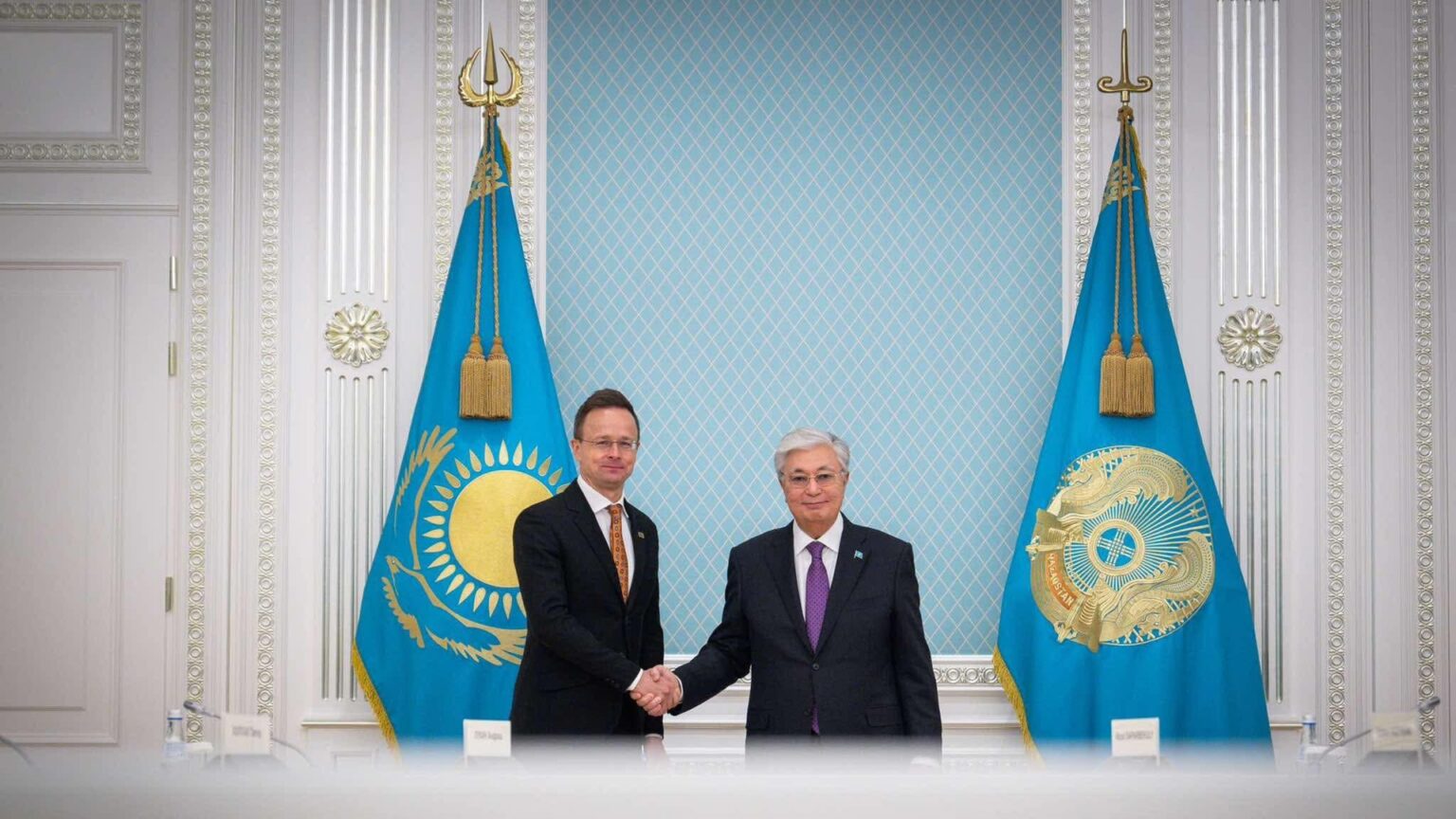
Minister of Foreign Affairs and Trade Péter Szijjártó of Hungary has met with President Kassym-Jomart Tokayev Deputy Prime Minister Murat Nurtileu of Kazakhstan in Astana, Kazakhstan. This is the third of a series of high-level diplomatic meetings between the two nations.

Several medicinal products and supplements are expected to be produced in Uzbekistan based on the Nobel prize-winning herb with Hungarian know-how. Birth of yet another miracle of cooperation, beneficial for the pharmaceutical industry of both countries.

Hungarian troops have earned international recognition for their leadership in the EUFOR Althea peacekeeping mission in Bosnia and Herzegovina, Defence Minister Kristóf Szalay-Bobrovniczky stated on Monday. The mission marked a historic milestone as Hungary took command of the EU’s peacekeeping mission for the first time.
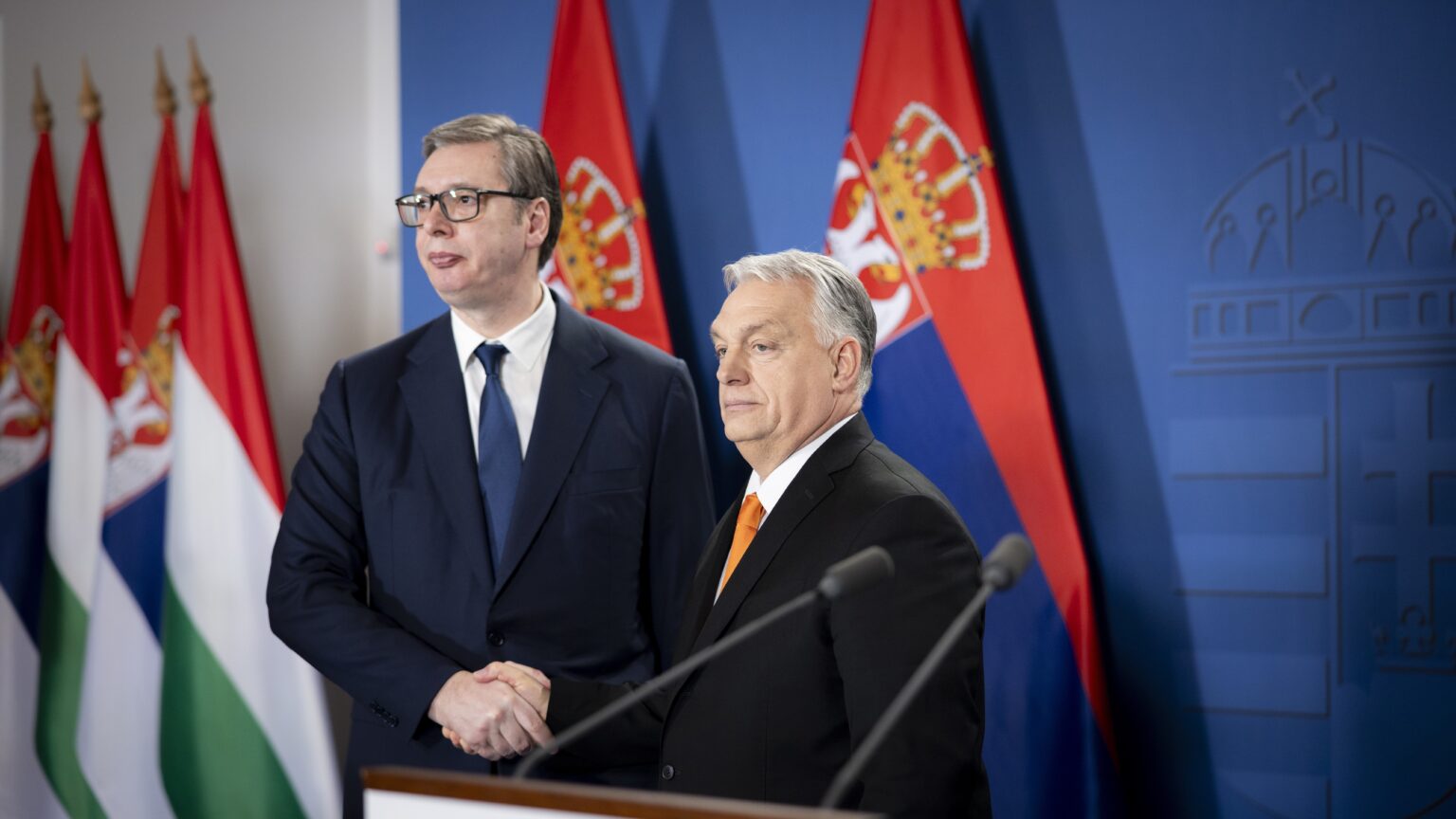
Hungarian Prime Minister Viktor Orbán praised Serbian President Aleksandar Vučić as the ‘champion of Balkan stability’ during a press conference in Budapest on Monday. The leaders discussed energy security, economic ties, and the challenges facing their nations in an evolving geopolitical landscape.

Hungarian and Slovak forestry experts have launched a joint initiative to develop more sustainable oak forest management practices. With EU funding of nearly 650 million forints, the project focuses on continuous forest cover, biodiversity conservation, and climate resilience.
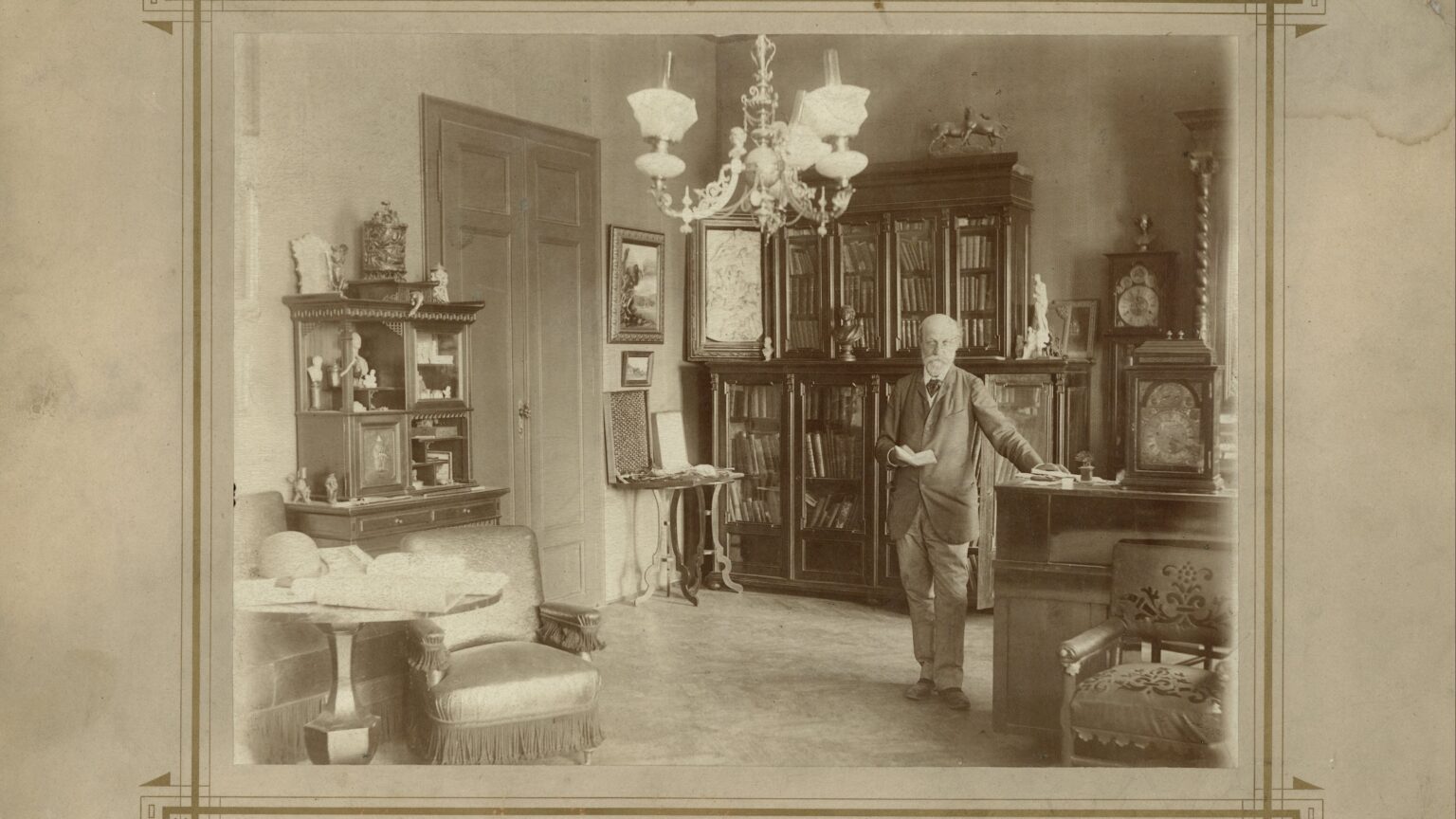
The extraordinary Hungarian author Mór Jókai, also known as the ‘great storyteller of Hungary’, was born exactly 200 years ago today. Already as a boy he was blessed with a fertile imagination and was deeply intrigued by the arts.

The chancellor candidates from Germany’s four largest parties clashed in a fiery debate on Sunday. While the mainstream parties remained stuck in their old, demonizing narratives, AfD’s Alice Weidel displayed energy and determination, reinforcing why Viktor Orbán called her and her party the ‘future of Germany’.

For Presidents Day 2025, here is our website’s subjective ranking of the top 10 best and bottom 10 worst Presidents to serve as Commander-in-Chief of the United States.

A recent report published by MCC Brussels exposed the European Commission’s opaque funding of NGOs and media outlets that promote its political agenda. The Brussels-based think tank has joined calls for the establishment of a European DOGE—an investigative watchdog similar to the one co-chaired by Elon Musk in the United States, which is currently working to dismantle deep-state strongholds in Washington.

Visitors to the Hungarian Museum of Ethnography can immerse themselves in the rich traditions, superstitions, and customs of the carnival season this Saturday. The event will showcase Hungary’s unique folk heritage, including Busó traditions, mask carving, folk music, and interactive exhibitions.
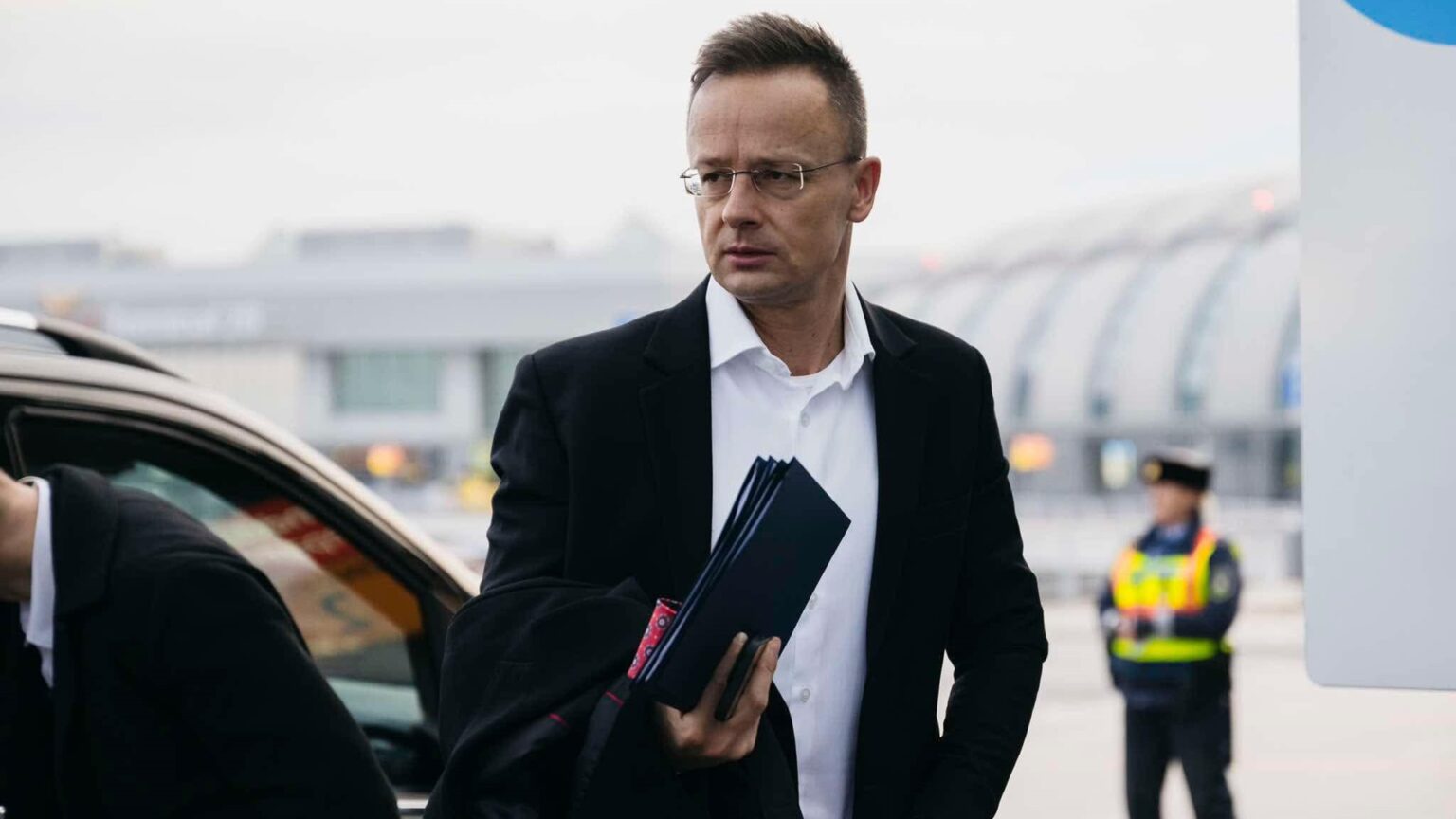
‘Pro-war, anti-Trump, and frustrated European leaders are coming together with the clear intention of obstructing a peace agreement,’ Hungarian Minister for Foreign Affairs and Trade Péter Szijjártó stressed on Monday. He was referring to the emergency summit hosted by Emmanuel Macron in Paris, where the most influential European countries are gathering to respond to US-led peace talks aimed at ending the war in Ukraine.
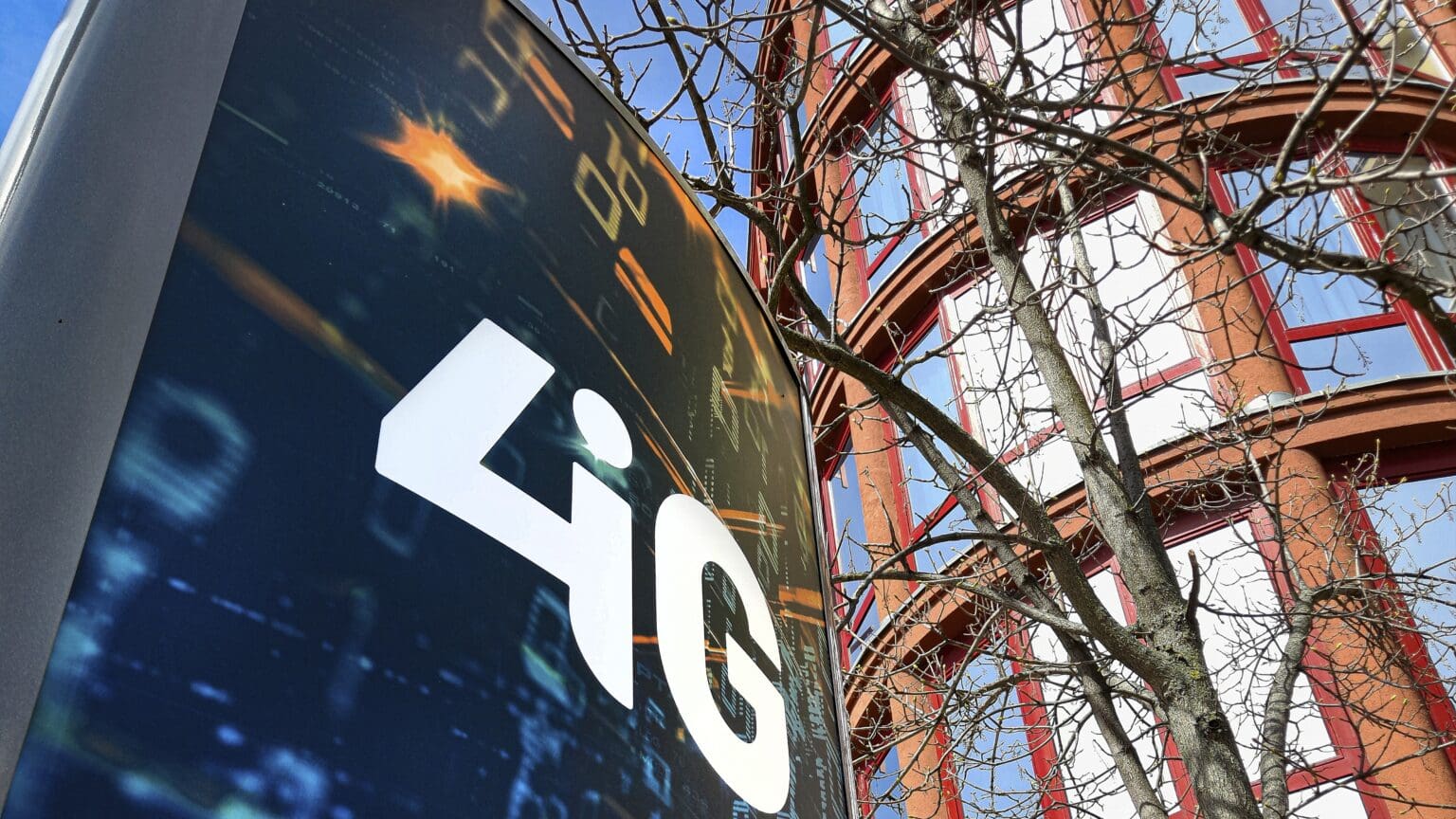
Hungary’s 4iG S&D has signed a non-binding letter of intent with Houston-based Axiom Space to explore opportunities in the space sector, particularly in orbital data centre (ODC) services. The collaboration aims to leverage synergies between the two companies in space technology and infrastructure.
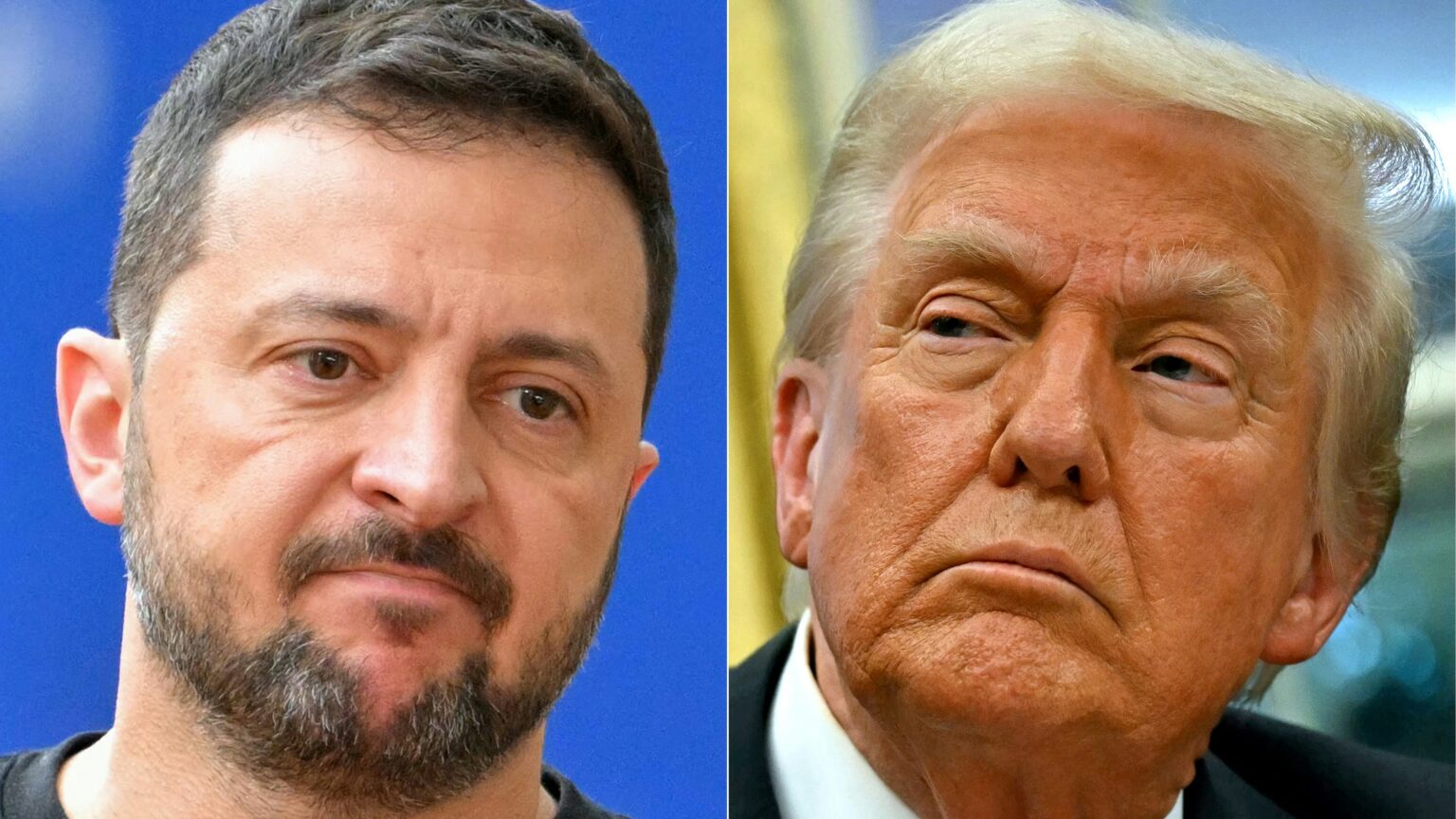
‘The criminality in all this is that Zelenskyy and the U.S.-led West know that the Ukrainians are not going to win on the battlefield, and that Ukraine has effectively become an economic and politically dysfunctional rump state. Yet both want the war to continue, whether for lucrative reasons or not.’
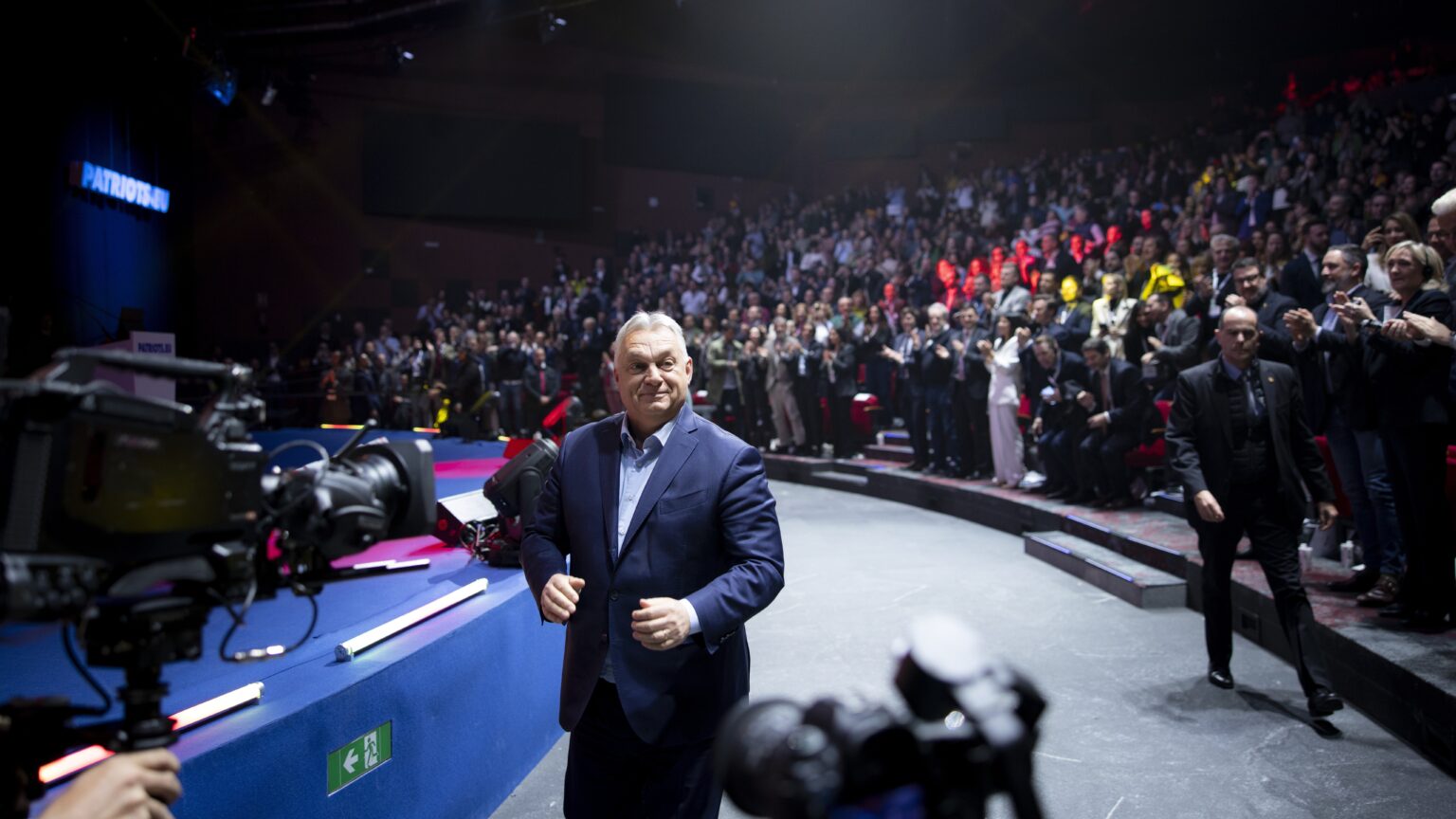
In a recent interview on Mandiner, Prime Minister Viktor Orbán asserted that Hungary remains a strong and committed nation with valuable experience to share with the world. Speaking during his return from Dubai, Orbán discussed Europe’s decline, the shifting global order, and Hungary’s place in a rapidly changing world.
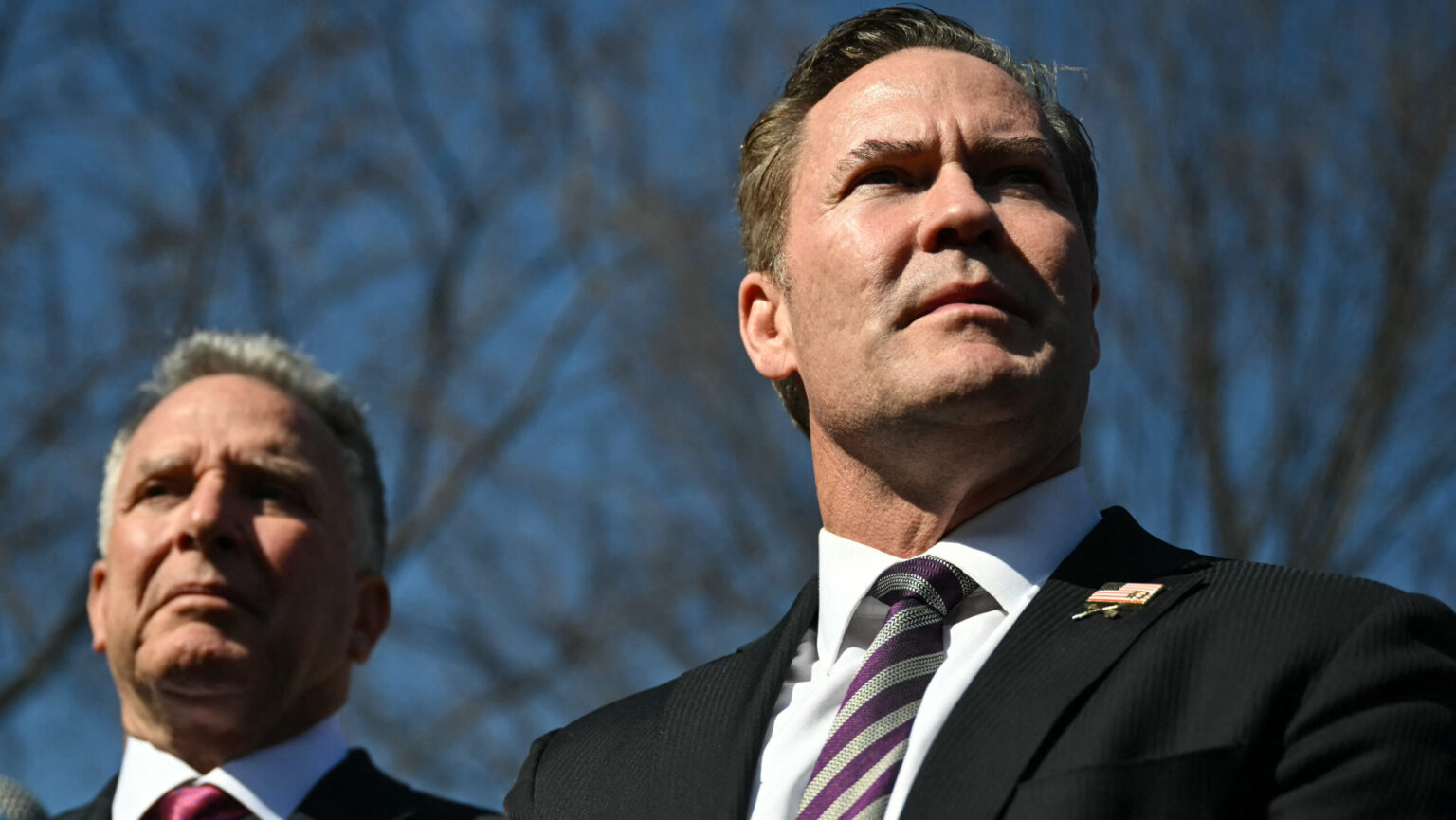
Donald Trump’s team is scheduled to meet the Russian delegation on Monday in Saudi Arabia for the first round of peace talks aimed at ending the war in Ukraine. Following the Munich Security Conference over the weekend, where European and Ukrainian participation in the talks remained uncertain amid conflicting statements, EU leaders are set to convene in Paris for an emergency summit. Meanwhile, on Sunday Zelenskyy arrived in the United Arab Emirates.

‘Politically, however, it is not impossible for a state to decide that it would be better, both for children and for the country, to give schools freedom to develop educational approaches that follow liberal education principles, whether within the state system or outside it, especially if evidence can be gathered to show the beneficial effects it is having.’
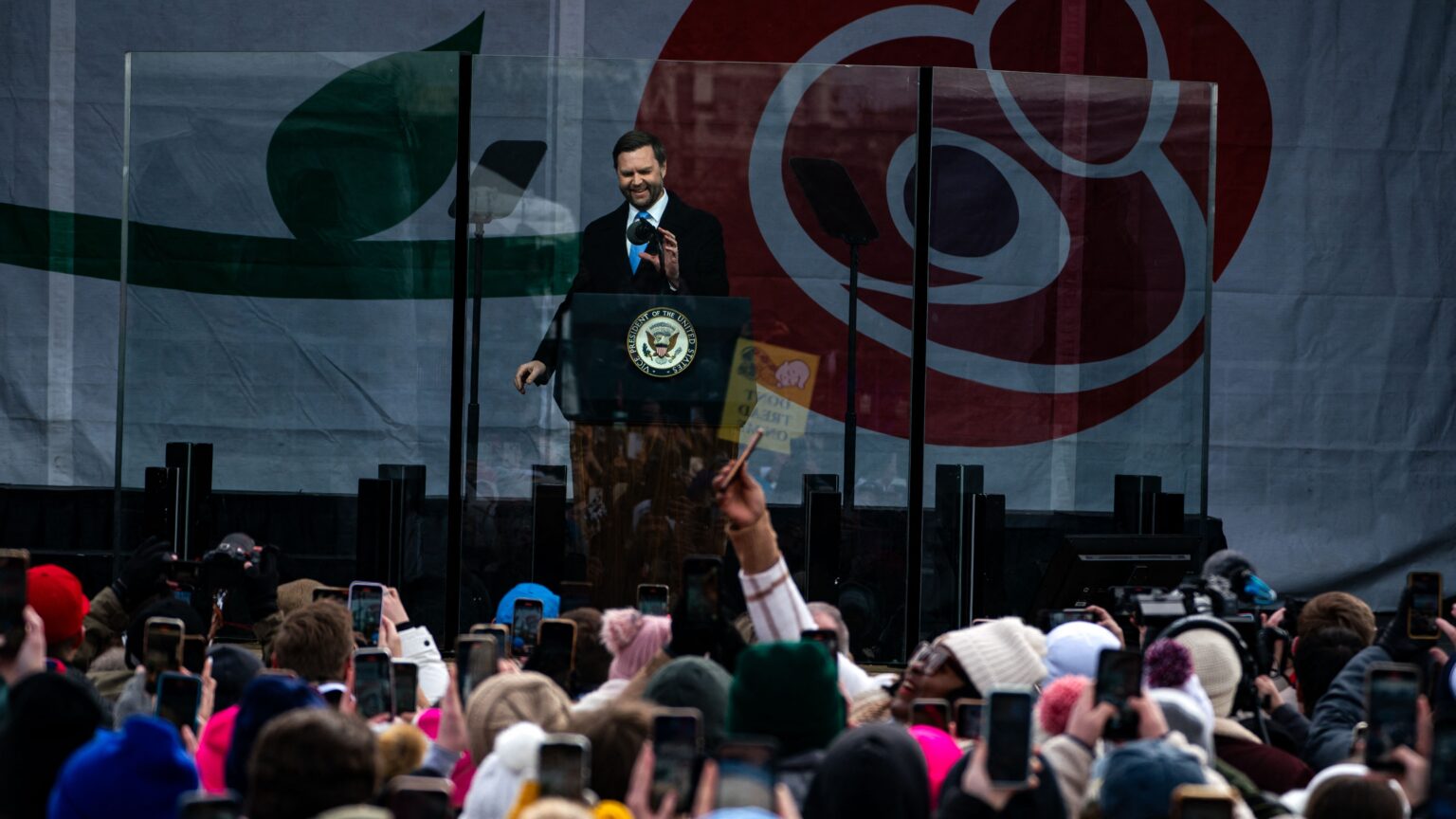
‘Americans need a new vision. They need to see what the pro-life movement has been offering all along, but with new emphasis. As Vance demonstrates, the playbook for really moving past Roe is reintroducing young people to the beauty—and feasibility—of getting married, raising children, and deriving comfort and pride from family life.’
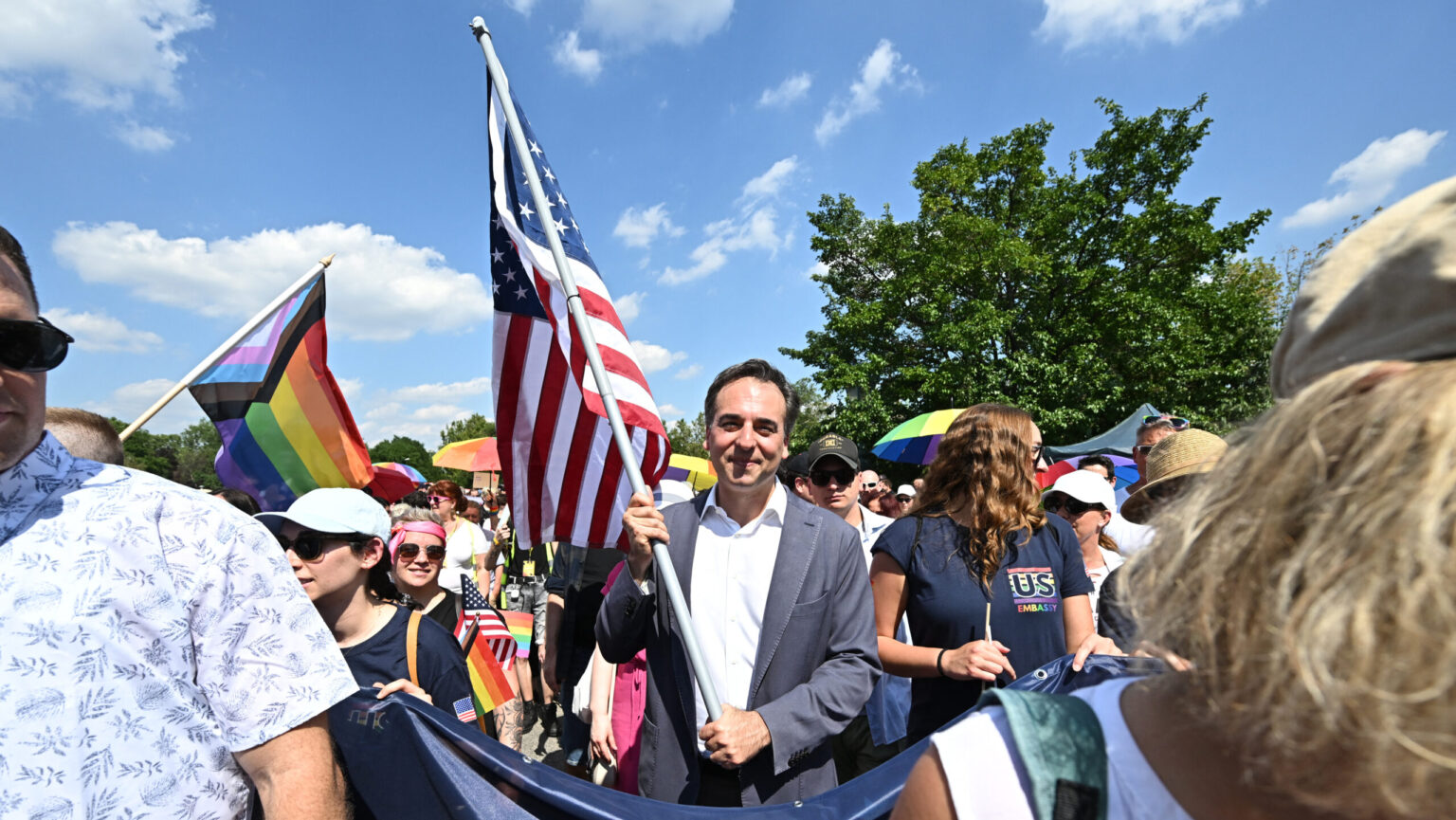
‘To this humble foreign observer, it seems relatively straightforward why Fidesz has remained in power so long: the opposition has failed to offer an appealing alternative. Recently, Mr Márki-Zay, lionized in Western media, proved a poor campaigner (one recalls Kamala Harris). Mr Magyar’s narcissism and personal history seem certain to cause him political problems…’

In recent decades, Europe has faced many challenges, one of which is the demographic crisis. The ageing and declining population, labour shortages and emigration pose a major challenge for almost all European countries. The importance of demographic trends cannot be overestimated, as they will have a major impact on Europe’s future position.
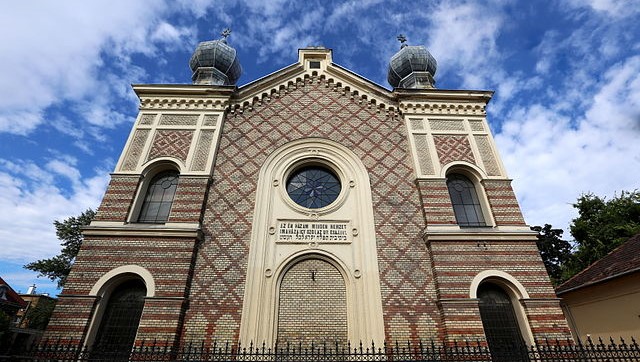
‘Although Miklós Murányi (Menachem Meron) was an important figure in the post-Holocaust recovery and one of the leading Zionist rabbis of the transitional years, his life story remains relatively unknown. The following presents Murányi’s activities during the transitional years (1945–1950), with particular focus on his writings published in the bulletin edited by the Újpest Jewish community.’

‘It’s important to me that the kids know about their family history. One assignment I give my grade 6 class is to interview a family member who immigrated to Canada, and if that person is no longer alive, to interview someone who can tell them about this experience. The kids always learn something new, and so do I.’

‘Romania is in a deep political, social, and economic crisis. The causes are manifold, but the chaos was installed when the presidential elections were cancelled while the people were voting.’
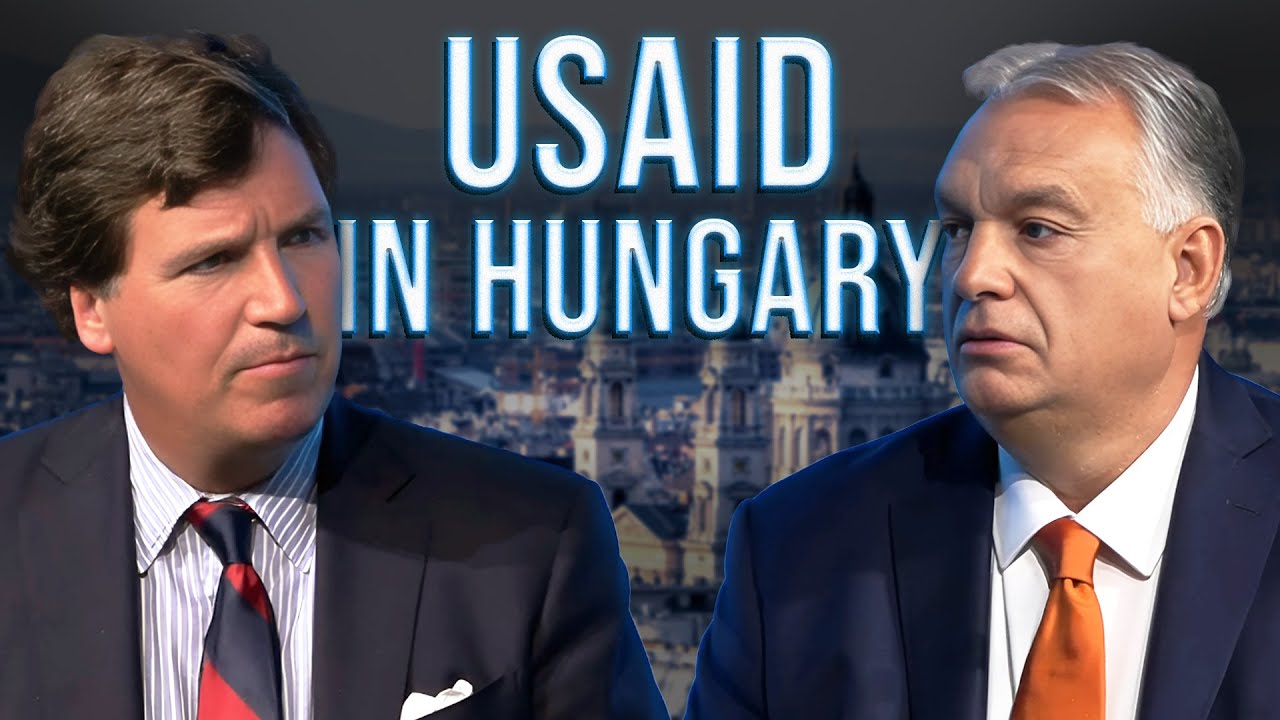
Prime Minister Viktor Orbán of Hungary has sat down with famed American political commentator Tucker Carlson for an interview again, this time in Dubai, United Arab Emirates. They have covered a wide array of important topics, such as the influence of the previous US administration on Hungarian politics, the state of the European economy, and most prominently, the potential end of the Russo–Ukrainian war.
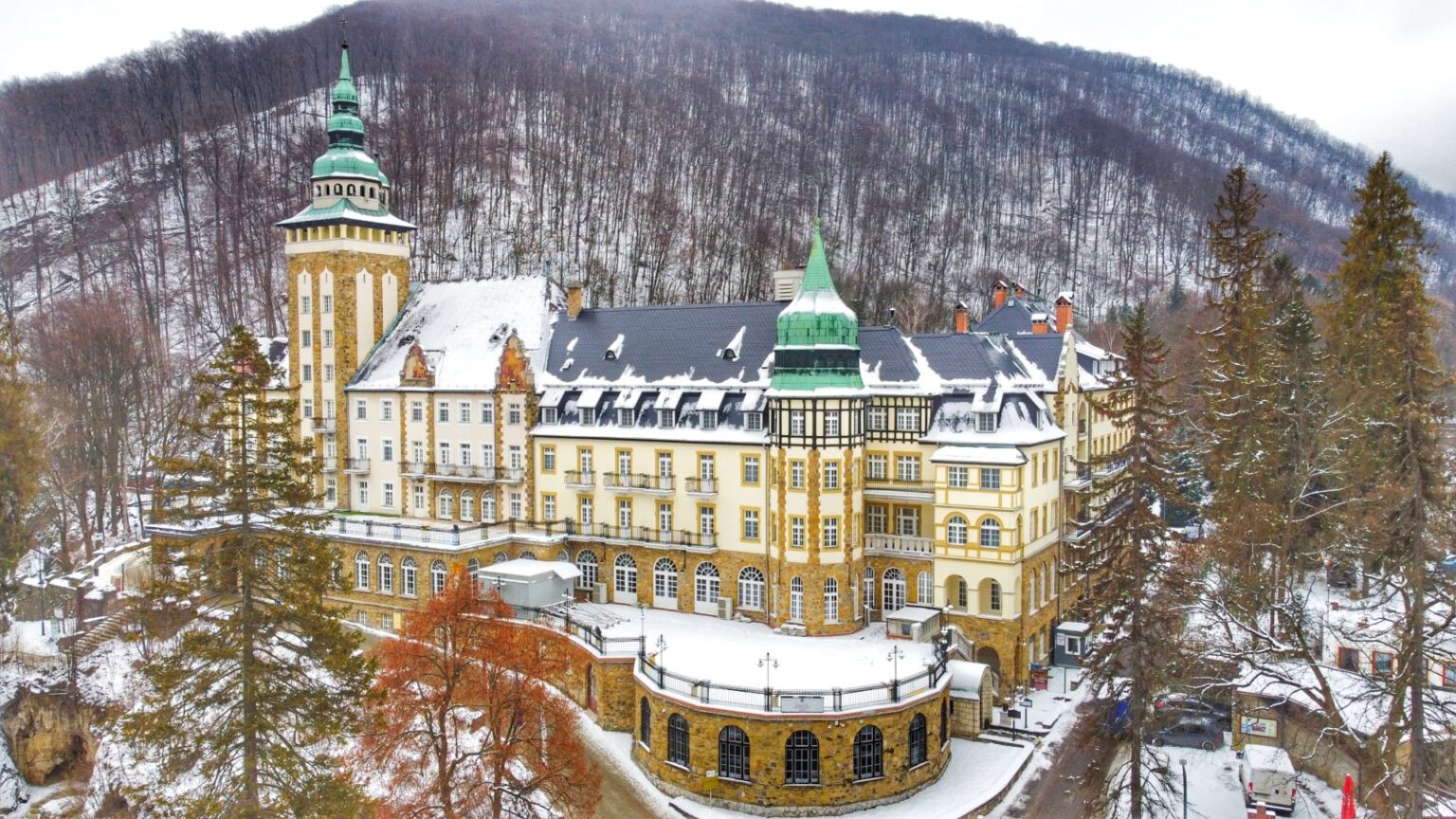
Winter is a perfect time for discovering Hungary’s hidden beauties. Although we are nearing the end of winter, there is still some time to visit some of the country’s gems on cooler days. Do not let the cold hold you back—wrap up warm and set off to explore Hungary’s fascinating winter destinations!
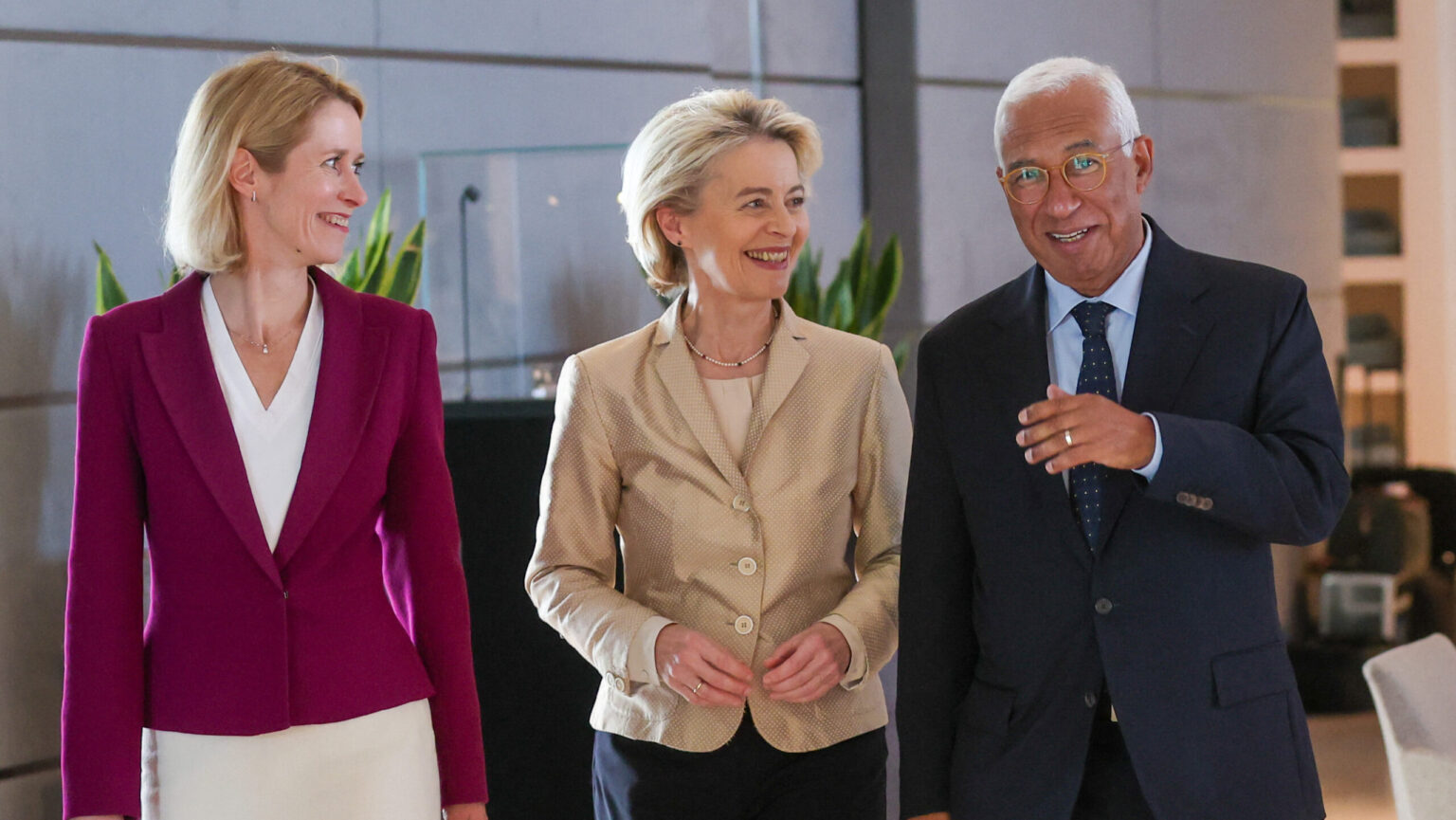
For years the EU dismissed peace talks as premature. When Hungary pushed for negotiations, it was vilified. Now, with Donald Trump launching talks without them, Brussels is scrambling to claim a role it once rejected.